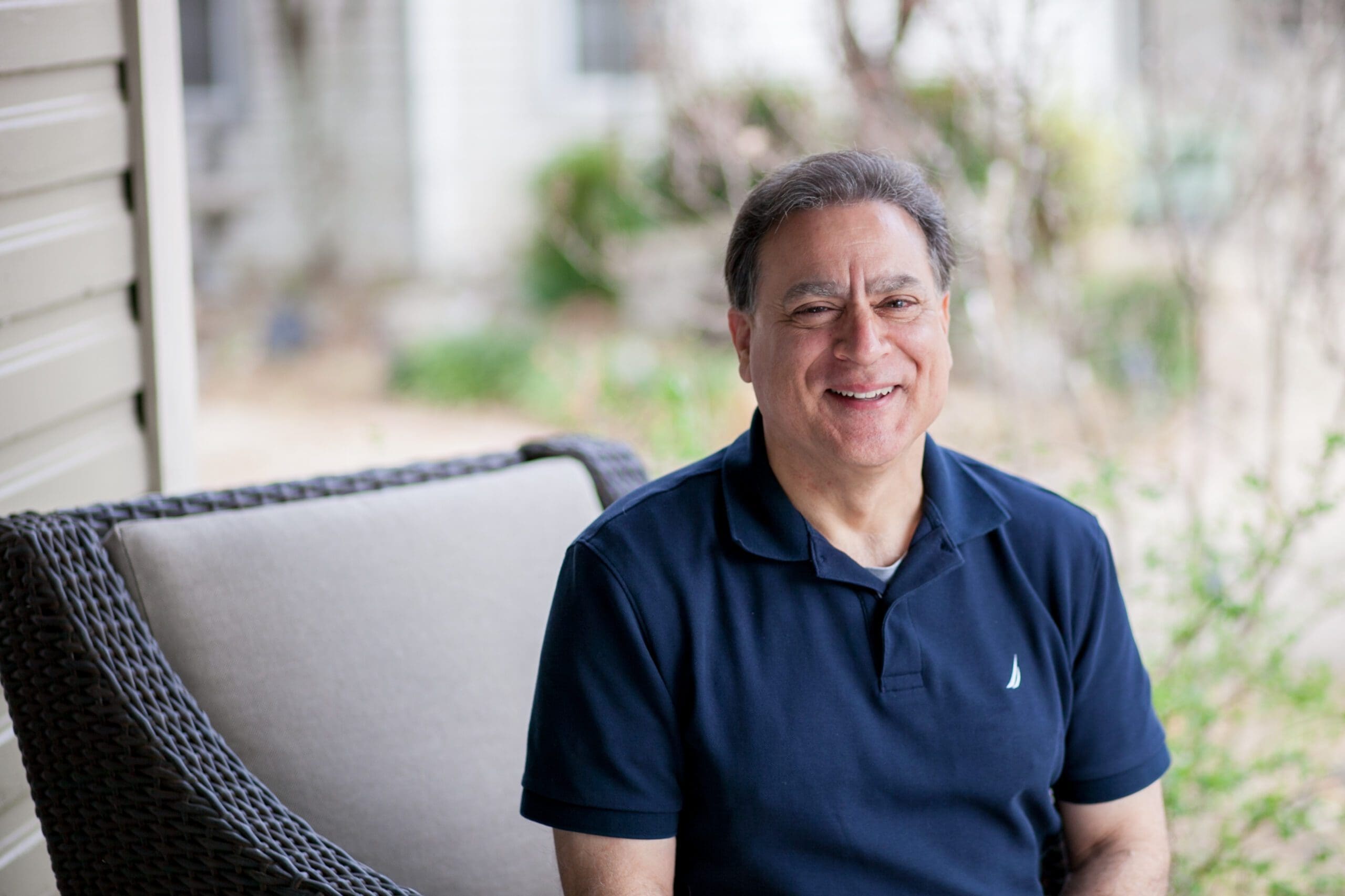Everyone seems willing to acknowledge the dangers of social media, but except for a small group of parents whose children have been destroyed by it, few seem willing or courageous enough to do something about it in our schools. We might start the discussion by making a few simple observations.
- Social media feeds upon our hunger for significance. We were created in the image of God as artists and co-rulers. When Adam sinned, he surrendered his realm of rule to the devil. Under Satanic control we have become enslaved, sinful, and broken images of God, as well as passive, uncreative, and destructive in our separate roles. Even in Christ we still hunger to be what we were created to be. It is the deepest hunger of a human being. By constructing a phantom community and involving ourselves in conversations where it is fashionable to brag about oneself, social media promotes the illusion that we are important. In fact, we have become disembodied voices in textual conversations that do not matter.
- Social media prevents us from knowing our social weaknesses or strengths. In a real community, we have to learn skills to interact with others and develop personal traits that make us sociable. In authentic social interaction, we discover who we really are—where we might be confident, insecure, weak, afraid, or truly talented. Social media allows us to appear social when in fact we might be terrified of our insecurities and often paralyzed to carry on a decent conversation of give and take. In other words, social media is a showcase for self-promotion and make-believe, without the checks and balances we need to evaluate ourselves and grow.
- Social media is addictive. Because social media does not really satisfy our craving for significance, while making us believe that it does because it gives us good feelings about ourselves, it actually creates an addiction for more. In that way, it is like junk food—tasty but with no real nutritional value. It becomes an idol, which is anything we go to for comfort. And we know what idols do. With mouths that cannot speak and ears that cannot hear, idols inevitably diminish our humanity: “Those who make them will be like them (unable to speak, see, hear, smell, feel, or walk), and so will all who trust in them” (Psalm 115: 3-8).
- Social media keeps us in a state of constant distraction.[1] It tells us to “Do this right now instead of that.” It says, “Because this is urgent, it is more important,” or “Because this is about me, it is more desirable.” We cannot go very long without consulting our phones for messages or checking our mail in the presence of others, and we just have to answer that text this very instant even though it transmits no thought beyond that of a grinning smiley face. We have long forgotten the simple courtesy of preferring others above ourselves, and we fail to realize how insultingly rude it is when we pull out our phones in the company of others.
- Social media squanders the resource of time. Time is a finite resource we are called to steward. Time wasted on social media is time not spent on something else, like prayer, serving others, creating something, or even listening to others. We work less, think less, and accomplish less when we impulsively give in to it. And when we stay up late indulging in it when we should be sleeping, we sabotage the precious times of the following day by being more tired, less alert, and less willing to expend effort for difficult activities.
- Social media is anti-community. Living responsibly in a community requires certain virtues: deference, submissiveness, patience, forbearance, kindness, consideration, humility, and personal responsibility. We learn these by interacting with others. It also requires certain skills: the ability to listen, communicate, resolve conflict, and cooperate with others. In contrast, social media places all the focus on the user. It is ultimately non-relational. The self-infatuation, hyper-narcissism, and self-glorification generated by social media undermines the virtues needed for healthy personal relationships and the skills necessary to get along with others.
[1] For practical ways to combat distraction and experience rest, see Ellen Schuknecht and Erin MacPherson, Free to Parent: Escape Parenting Traps and Liberate Your Child’s Spirit (Austin: Family Wings, LLC, 2014), 88-97.

Mike Chrasta
In addition to having served as the Director of Ministry for NAUMS, Inc., Mike has been active in the University-Model® school community for nearly fifteen years. Mike served as a teacher and administrator at Lucas Christian Academy and where his three children (Joseph, Rebecca, Rosie) have attended. Mike has more than twenty-five years’ teaching experience, holds three graduate degrees (M.A., English; M.A., Public Policy, and a PhD. (Arts and Humanities-History of Ideas), and is a certified Texas Master Naturalist.



Comments are closed